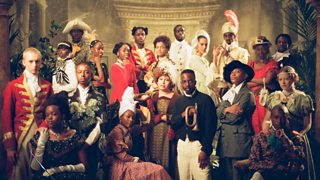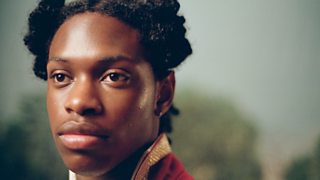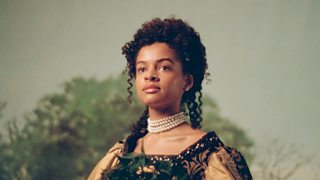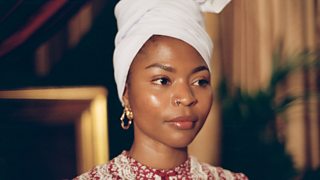Why I made the series 'Black to Life'
By director Akinola Davies

I was motivated to create ‘Black to Life’ in the hope of identifying the role and presence of black bodies throughout British history.
I want to emphasize that this is British history and not just black British history.Akinola Davies
As a filmmaker, I was inspired by the need to excavate the often forgotten stories of black British figures, and felt this was an opportunity to bring the story of a handful of important black characters to life in a way that felt quite pertinent for a digital generation.
I think this is particularly important now because black people have had our histories omitted through the colonial and now imperial project. Britain played such a significant role in the destruction of a lot of this information and I felt it was important here to try to identify lost histories and readdress the imbalance in the kind of narratives we’re often presented.
For the few historical figures we do have records of – some of whom are featured within this project – I felt the need to have their stories examined on film because the context of their lives reflects the aggression that black people still face to this day. Within the school context, young black children are so often tasked with assimilating to a culture that doesn’t even recognize them within their own curricula.
I want to emphasize that this is British history and not just black British history. Black people have a cultural and historical deficit across the institutions of society in this country that we have been a part of for centuries, not decades.
Beyond that, I think as a society we need a more rounded relationship with reconciliation. Not only celebrating our victories but also recognizing some of the atrocities that have established our society. By not having a balance in this history, education can occupy a place of ignorance by placing emphasis on selective truths.
Hopefully these films will have a meaningful impact on the wellbeing and mental health of the black community but also be seen by a broader audience. If that in any way triggers further conversations about the imbalance in history, especially for young people and helps reform curriculum, then that would go a long way for me.






